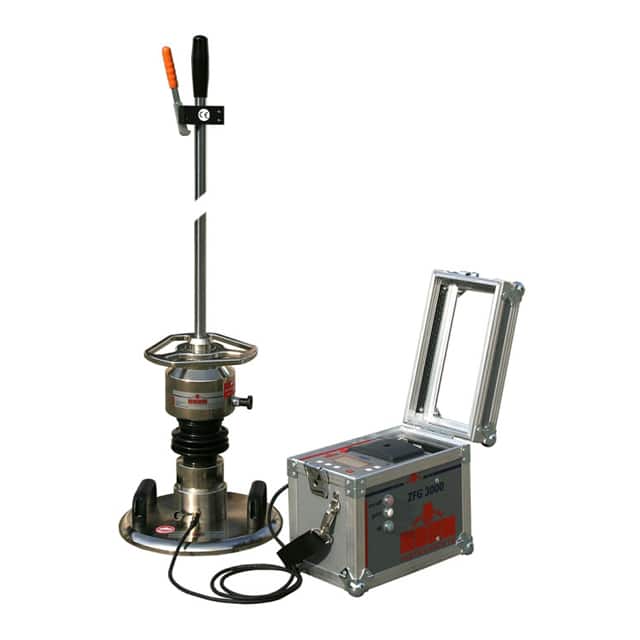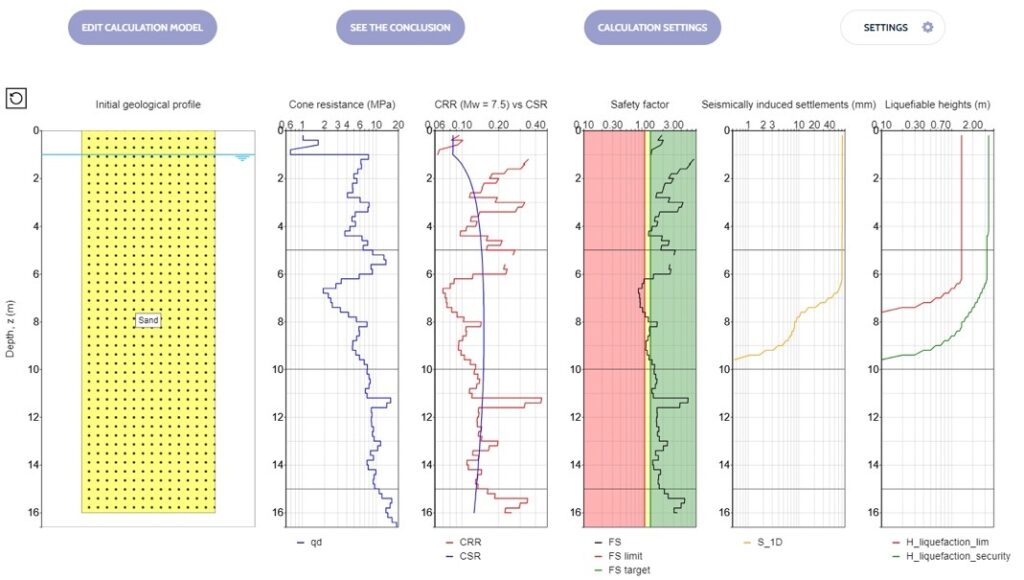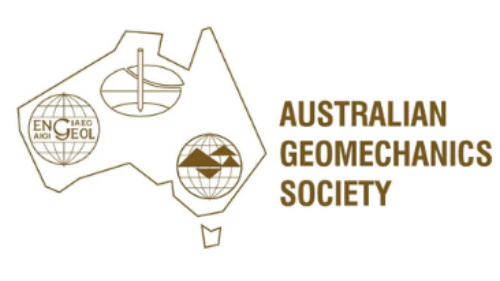Australia’s first Light Weight Deflectometer (LWD) standard released
We are very happy to let you know that Australia now has it’s own Light Weight Deflectometer (LWD) standard.
Test Method Q726B: Deflections – Portable Impulse Plate Load Test Device
Our Zorn LWDs are fully compliant with Q726B.
The standard has been developed by Department of Transport and Main Roads Queensland (DTMR) and is based on the ASTM E2835: Standard Test Method for Measuring Deflections using a Portable Impulse Plate Load Test Device.
The standard is one of the outcomes of the “Best practice in compaction quality assurance for pavement and subgrade materials – P60” National Asset Centre of Excellence (NACOE) project carried by Queensland Department of Transport and Main Roads (DTMR) and the Australian Road Research Board (ARRB). To find out more about this project, we have brought all the reports, presentations and webinars into one place.
Modulus is the most accurate and independent means for judging deformation (stiffness) and, thus, a materials level of compaction. Modern geotechnical and pavement designs are based on in-situ modulus values.
However, the traditional state of practice is to base the field-testing parameter selection on the result of a non-deformation parameter, such as DCP or CBR results from site investigation or density/moisture relationships in earthworks QA.
This means that there is currently a disconnect between design and construction control.
The Light Weight Deflectometer (LWD) addresses this gap and Queensland DTMR have recognised this.
By measuring the modulus value, the LWD provides the direct link between the design specification (design modulus value) and the actual site condition (in-situ modulus value).
The LWD enables one to:
(a) reliably provide a direct measure of the strength or insitu modulus value; and
(b) offers significant time savings in turnaround time of QA test results.
We believe this is major step forward in pavement construction and are privileged to have been playing our role in this transformation over the last 15 years taking deflection based testing from the early adopter phase to more main stream adoption in Australia, New Zealand and the Pacific Islands.
We are very appreciative of all those who have encouraged us along the way including our fabulous clients. Thank you!
Our Plate Load equipment is getting a lot of use. We’re very happy with it. 🙂
We have found the PANDA to be an invaluable acquisition to our company, using it on projects ranging from Remote Community Housing in Central Australia to a NASA Rocket Launch Facility in Arnhem Land, NT.
We purchased a PANDA 2 machine after using one from another laboratory. The information obtained has saved money on numerous jobs. It is reasonably priced and the after-market service has been great. Highly recommend using Insitutek.
Insitutek Blogs
We find clients are often looking for ways to improve geotechnical testing outcomes and do it more efficiently at the same time. This drives their buying decision making. Australian Soil and Concrete Testing (ASCT) was a case in point when they were searching for Plate Load Test equipment for their upcoming Collector Wind Farm project. Some of the things that motivated them include: […]
We are excited to introduce the addition of a new Liquefaction Risk Estimation module in WebSprint©. Paired with our cutting-edge products, PANDA® and GRIZZLY®, this module enables you to assess the liquefaction risk of soils exposed to seismic stress. PANDA® Instrumented DCP: This cutting-edge tool provides dynamic penetrometer soundings, delivering precise data crucial for seismic risk evaluations. GRIZZLY® […]
The Australian Geomechanics Society is gearing up for a series of geotechnical events across VIC, WA, NSW, and SA-NT. We are thrilled to inform you that we will be sponsoring and attending these exciting geotechnical events, and we would love for you to join us. It’s a fantastic opportunity to catch up, explore our booth (VIC), and stay informed about […]




